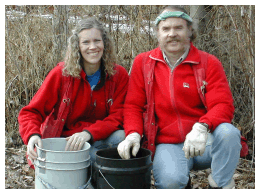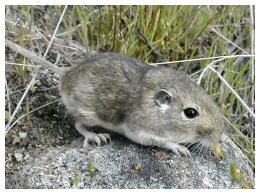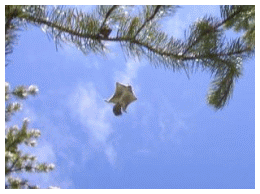Applied Mammal Research Institute
Our studies are concerned with integrated management of wildlife resources within agricultural and forest environments. In particular, evaluation of biodiversity and sustainability in a landscape mosaic of agro-ecosystems and natural habitats is based on measurement of vegetation, small mammal communities, and habitat structure.
A similar study is investigating these responses in intensively managed lodgepole pine ecosystems. Long-term evaluation of the silvicultural practices of pre-commercial thinning and fertilization are a prominent part of this research program looking at growth of crop trees, vegetation, overall habitat structure, and population dynamics of forest-floor and arboreal small mammals. Relative habitat use by wild ungulates and cattle and forage production are central to these studies. Investigation of alternative silvicultural practices involve variable retention harvests and strategic management of woody debris as habitat.
Management of rodent pests in agricultural and forest ecosystems is another major focus, with particular emphasis on natural control methods involving population dynamics, habitat alteration, and diversionary foods.
These research activities are conducted in the southern and central interior of B.C., Canada.


